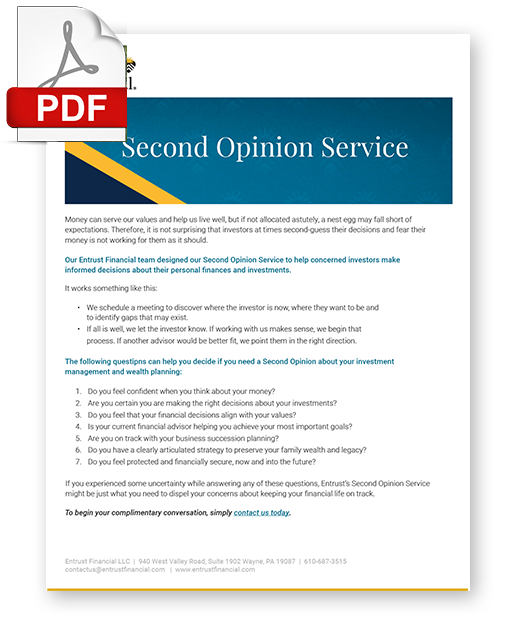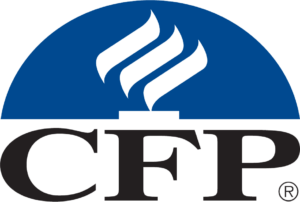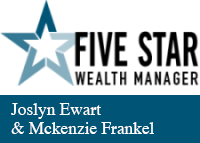Making, and Counting! Your Money

Rachel would tell you she likes to make money, not count it. However, what stands out when you meet her are her phenomenal entrepreneurial skills. In fact, Rachel’s relentless effort in her business endeavors, coupled with a superb instinct for calculated risk-taking, led to the accumulation of a nest egg of over $6 million saved (in cash). She accomplished this while living a lavish lifestyle including owning a home on each coast.
Finally, at age 53, Rachel scheduled a meeting with us. She did this because she realized that not a penny of her money was invested during a period in the financial markets when her savings could have doubled in value. In other words, she could now have a nest egg worth $12 million.
You may be thinking, “What stood in her way?” Just a few minutes of discussion led to the answer: fear. She was afraid to invest in the stock market because no one in her family had ever invested and she could never seem to take that first step to finding a financial advisor she could trust.
Not surprisingly, a first step in our relationship was to help Rachel recognize the following: the difficulty she experienced in taking that first step towards becoming an investor was probably simply an extension of what she learned about money when growing up. For instance, her parents lived paycheck-to-paycheck; anything “extra” went into the bank savings account.
Most of us repeat what is familiar or emotionally comfortable to us, until we see a reason to change. A favorite metaphor illustrated this conundrum to Rachel:
One of the most dramatic portrayals and much-loved characteristics of the old Star Trek series was the interaction between Captain Kirk and Mr. Spock. Captain Kirk often made gut decisions relying mostly on his emotions, while Mr. Spock always used sound logic to make his decisions. Like Captain Kirk, many of us rely first and foremost on our emotions in our decision-making and then use our logical minds to rationalize our emotional choices.
It can take considerable intention to add in a strong dose of Mr. Spock’s sound logic to our comfortable gut reactions, before deciding on a course of action.
Rachel began to see that repeating the past pattern of how her parents handled their money had resulted in huge consequences to her financial well-being. To her, it was worth the effort of bringing intention into her personal financial decision-making rather than relying predominantly on her gut as she had before. Rachel reported that, when it comes to her savings, she will start counting–and rely on the logic of market efficiencies–to get her money working for her as hard as she worked for it!
Contact us today for a second opinion regarding the results you experience with your personal finances. info@entrustfinancial.com or 610-687-3515.












